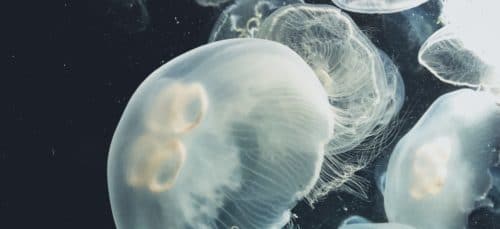Knowing and understanding the ocean’s influence on us, and our influence on the ocean is crucial to living and acting sustainably. This is the essence of ocean literacy. The Ocean Literacy Portal serves as a one-stop shop, providing resources and content available to all, with the goal of creating an ocean-literate society able to make informed and responsible decisions on ocean resources and ocean sustainability.
Here you will find resources to develop the skills, values and behaviours needed to create an ocean literate community. A collection of educational and informative materials around ocean knowledge, useful to understanding ocean processes, functions and issues. By sharing the world’s collective ocean knowledge we aim to build a global movement to protect the ocean, and the planet.

About the portal
Ocean Literacy around the world
Disclaimer - The designations employed and the presentation of the material on this map do not imply the expression of any opinion whatsoever on the part of the Secretariat of the United Nations concerning the legal status of any country, territory, city or area or of its authorities, or concerning the delimitation of its frontiers or boundaries.
Ocean Literacy initiatives by IOC/UNESCO
The focus of the Ocean Literacy initiatives of IOC/UNESCO is to develop global partnerships to raise awareness around the conservation, restoration and sustainable use of our ocean and its resources. We aim to build an improved public knowledge base, and to provide tools that can transform ocean knowledge into action.
Ocean Literacy For All: A Toolkit
The Ocean Literacy For All Toolkit was produced by UNESCO’s Regional Bureau for Science and Culture in Venice, Italy, and the Intergovernmental Oceanographic Commission (IOC), as a result of joint work and contributions by members of the global partnership led by IOC.
The toolkit presents the context of ocean literacy and describes its framework of 7 essential principles, includes interviews with ocean literacy practitioners and outlines a path for the development of successful ocean literacy initiatives in the context of the 2030 Agenda.



